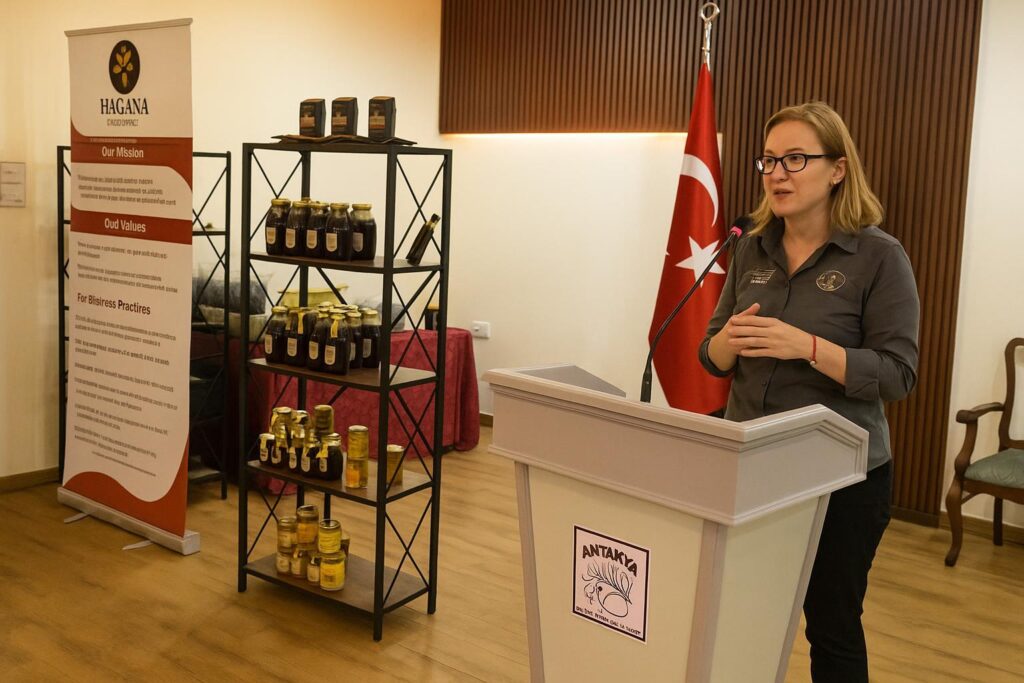Honey Economy in Lafon County
In Lafon County, Eastern Equatoria, villagers once relied on hunting or charcoal for cash. A modest apiary scheme launched in 2022 began shifting that narrative.
The Ministry of Wildlife Conservation and Tourism joined African Parks to test whether bees could finance people and protect nature simultaneously.
Training and First Harvest Results
Thirty trainees received hives, suits and basic business coaching in 2024. Their debut harvest reached 750 kilograms, proving commercial potential without felling a single tree.
“The moment we weighed that first batch, attitudes changed,” recalls a project supervisor in Badingilo.
Badingilo Honey Hits Juba Shelves
Hagana Agro Processing trucked a second 487.5-kilogram haul to Juba in April 2025. After filtering and branding, jars labeled “Badingilo Honey” appeared in supermarkets one month later.
For many families, seeing their product in the capital turned conservation from abstract ideal into concrete income.
Conservation Gains Through Apiaries
Healthy hives need intact woodland and water, giving communities a reason to guard the park’s flora. Reduced poaching and tree cutting have already been observed along key migration corridors.
“Every jar we sell keeps more wildlife safe,” says David Liwaya, African Parks Community Development Coordinator.
Scaling Up the Sweet Model
Planners aim to expand the scheme across Lafon, Central Equatoria and Jonglei. Added hives, finance training and transport links are pencilled in for the next harvest cycle.
Backers believe stronger markets will lock in steady village revenue and deepen public support for protected areas.
African Parks’ Wider Vision
African Parks manages 23 reserves in 13 nations. Its 10-year deal with South Sudan covers Badingilo, Boma and the vast Jonglei landscape, site of the world’s largest antelope migration.
By 2030, the NGO targets 30 million hectares under protection, using ventures like honey to align household welfare with biodiversity preservation.


